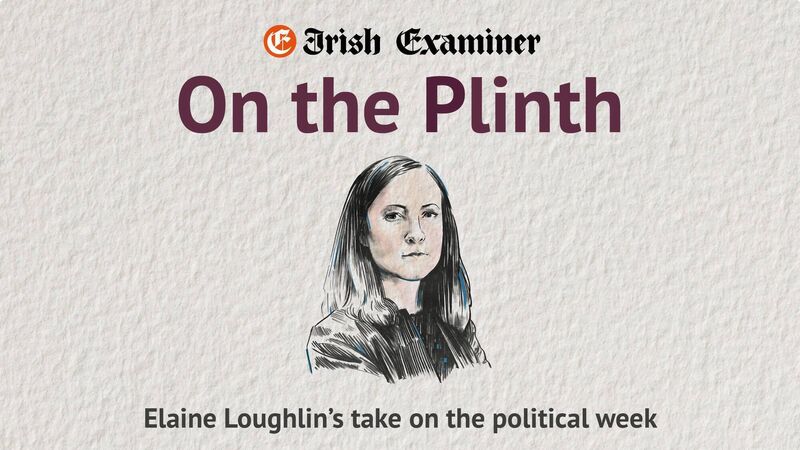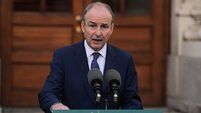Elaine Loughlin: Once revolutionary, fallen Soldiers of Destiny now tinker at the edges

Elaine Loughlin: Younger voters are turning to Sinn Féin, which, it could be argued, is now more like the Fianna Fáil of the 1930s in its policy positions than Fianna Fáil itself.
The Soldiers of Destiny have strayed so far from the progressive social and economic programme they were built on that it is little wonder a whole generation is failing to identify with them.
















